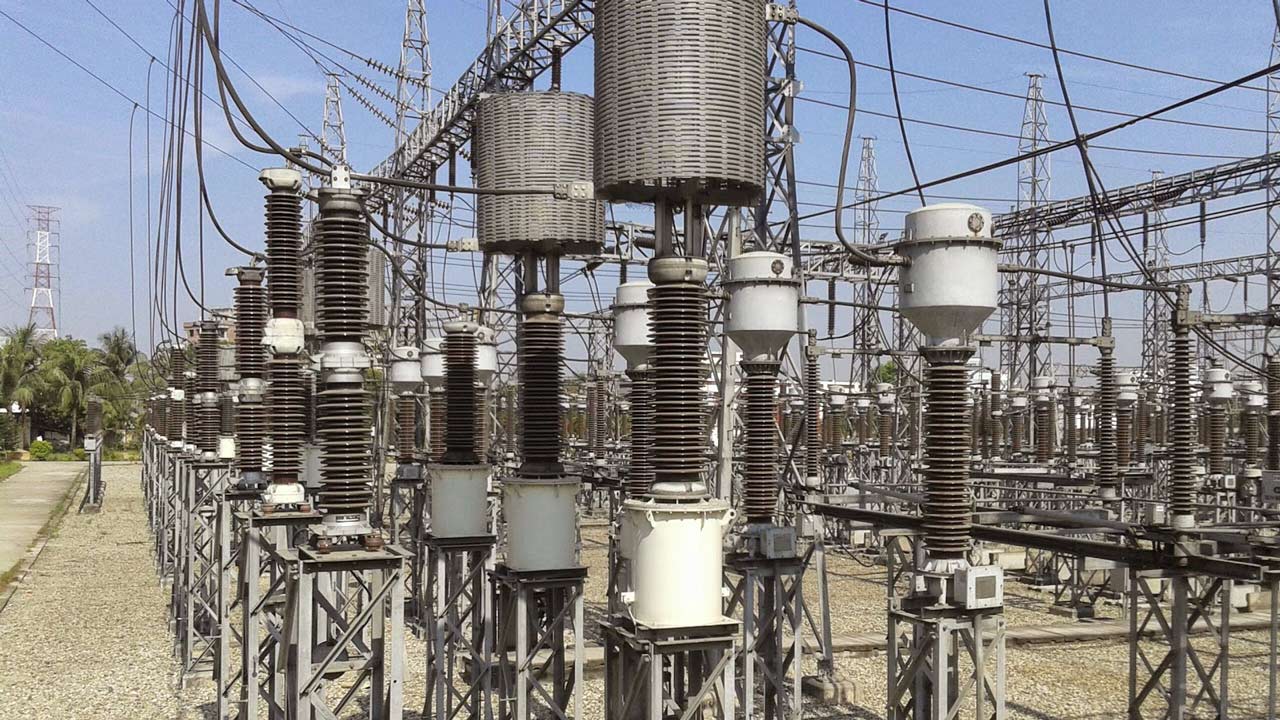The Nigerian government is in discussions with electricity distribution companies (DisCos) to potentially raise electricity tariffs by up to 200%.
This move is part of the government’s new gas pricing policy, which allows gas producers to sell at a controlled price, regardless of their production costs.
Nigeria has the largest gas reserves in Africa, yet over 80 million people in the country do not have access to electricity. Industry operators blame the government’s strict regulation of gas prices for disrupting the market and negatively affecting investor confidence.

The Nigerian Midstream and Downstream Petroleum Regulatory Authority (NMDPRA) recently reviewed the price of natural gas for power generation and commercial users. Power sector companies would pay $2.42 per million British thermal units (MMBTU), while commercial users would pay $2.92 per MMBTU for natural gas.
READ ALSO: New Electricity Act Will Take Care Of Challenges In Power Industry- Engineer Ewesor
Critics argue that instead of fixing prices, the NMDPRA should focus on streamlining bureaucratic approval processes in the gas industry.
They also question why prices are being raised when the global gas market has seen a 35% price drop in the last six months.
The Petroleum Industry Act (PIA) was expected to bring market-based pricing to boost gas investments, but it continues to regulate prices.
This has led to international oil companies (IOCs) focusing on the international market, causing gas shortages domestically.
READ ALSO: NMDPRA Blames Flooded Lokoja Roads For Fuel Scarcity in Abuja, Other States
The government has encouraged oil and gas companies to stop flaring gas and convert it for domestic use.
However, fixed gas pricing has been a major obstacle to this effort. Critics argue that a market-based pricing regime is needed to attract more investment in the gas sector and end gas flaring permanently.




